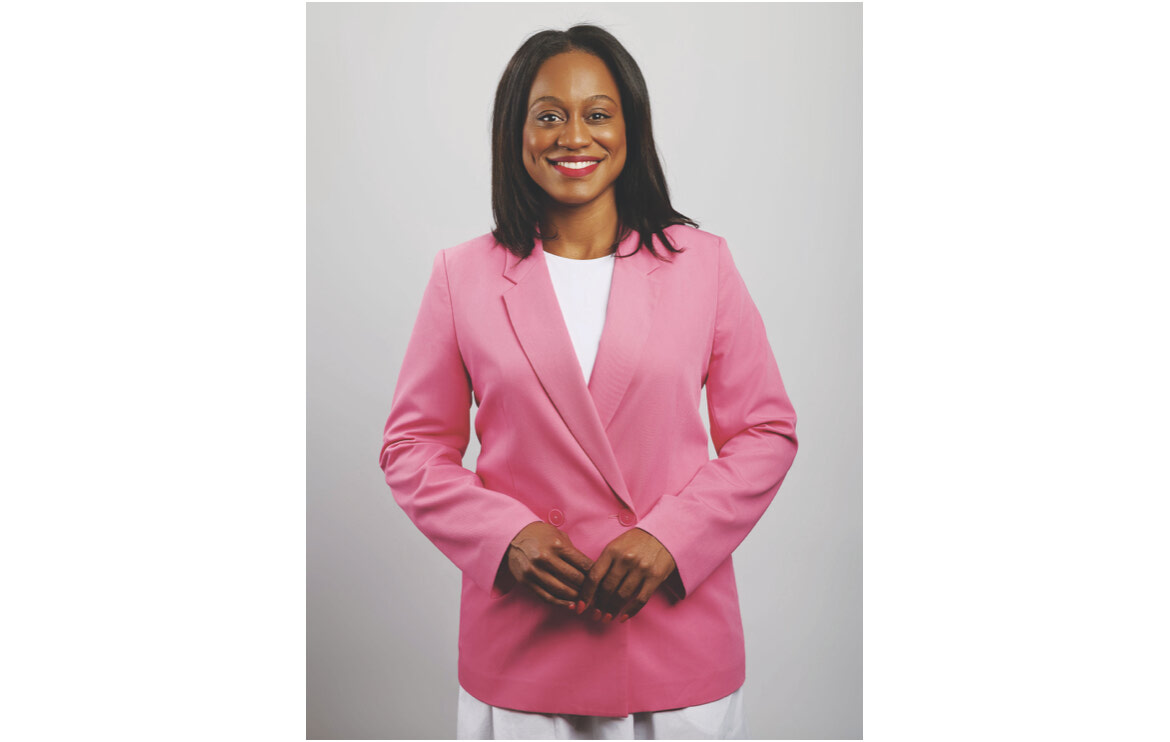Gatineau Election: Le Plateau
Candidate: Bettyna Bélizaire, Action Gatineau
Bettyna Bélizaire is seeking re-election as councillor of Le Plateau. Originally elected in 2021, she has served as president of the Commission des loisirs, des sports et du développement communautaire as well as vice-president of the economic development commission. Before entering politics, Bélizaire was the executive director of Accompagnement des femmes immigrantes de l’Outaouais (AFIO). She has a masters of business administration from the University of Ottawa.
1. Why are you running for councillor, and what experience or qualities make you the right person for the job?
I am running for municipal office to continue to have a positive impact on my community as a city councillor and to ensure better-planned development in the neighbourhood.
I approach municipal politics as a grassroots policy; my role is to transform local concerns in the Plateau into concrete actions.
I was the President of the Plateau Residents' Association (ARP) for four years (2019-2021), which gave me a deep understanding of residents' concerns and needs. I am currently a city councillor for the Plateau district.
I am the Chair of the Recreation, Sports, and Community Development Commission and Vice-Chair of the Economic Development Commission, which gives me in-depth knowledge of municipal issues and development mechanisms.
I am recognized for my ability to work with people and listen to them. I value authenticity in discussions.
2. How do you plan to balance the need for housing with the pace of development, given that infrastructure has not kept up, resulting in service gaps?
I wish to promote and formalize a "Concertation Table for the Redevelopment of the SmartCentre" (and major projects). This Table will systematically bring together, at an early stage, the Residents Association (ARP), developers, the Urban Planning Department (SUDD), and the Mobility Department, as well as other key partners, such as the STO, to ensure integrated planning from the outset.
I will campaign with the Council to have the city adopt 3D Modeling of urban zoning. With a digital model, citizens will be able to see, in real time, the impact of future buildings and roads on their environment (sunlight, traffic, neighbourhood ambiance). This is the power of citizen predictability.
3. With increased development in the area, how will you protect the ecological corridors, such as the Champlain corridor in Aylmer?
I ensure that projects respect ecological connectivity and regulations prohibiting the construction of buildings within protected areas of corridors.
I support the identification of areas requiring tree planting and reforestation, in addition to supporting the establishment of the Western Eco-Centre.
4. With increased development in Aylmer, there is growing concern about the preservation of local heritage, especially as many historic homes are neglected, then demolished to make way for multi-unit buildings. What is your plan to protect and preserve Aylmer's heritage?
This year, we updated Aylmer's heritage inventory to provide accurate and up-to-date data. This tool, accessible to all, allows you to identify buildings recognized for their heritage value. We also strengthened regulations to better protect these buildings, notably through the building maintenance bylaw and the new regulations governing site planning and architectural integration.
The city can now intervene to carry out work on an abandoned heritage home and then claim the costs from the owner. This allows us to finally prevent heritage deterioration instead of simply observing it.
5. Anglophones are numerous across Gatineau. How will you ensure they have equitable access to city information and services in English?
In my upcoming term, I will ensure that the information I share is available in both languages on my social media accounts.
I want everyone to feel included. It's very important to reach the entire population so that citizens are involved in their communities and feel affected by the decisions being made.
6. Aylmer’s residents are passionate about their community. When new development projects are proposed, how will you engage with both developers and residents to address any concerns that arise?
I want to go even further to ensure that public consultations take place from the earliest stages of planning projects that shape our neighbourhoods. This would allow residents' ideas and needs to be integrated from the outset, thus improving the quality of completed projects. These approaches should not depend on the ad hoc wishes of elected officials or developers, but should become a systematic practice.
That is why my team and I support the creation of a Public Participation Office, which would make consultations mandatory. We deeply believe in the collective intelligence of citizens, and it is with them that we wish to build the future—by listening to them and involving them in decision-making.


